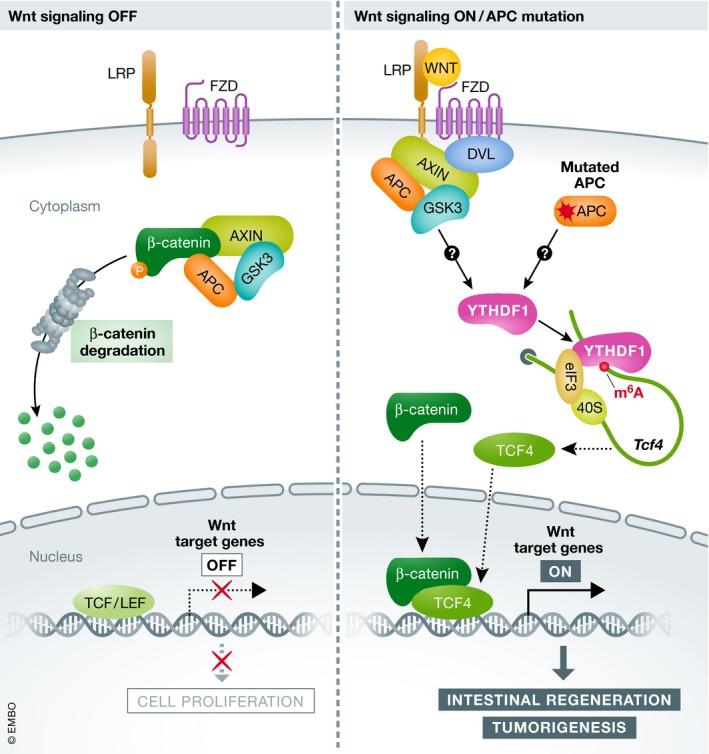Figure 1. YTHDF1‐mediated translational control of TCF4 reinforces Wnt‐driven intestinal regeneration and tumorigenesis.

Without Wnt activation (Wnt off—left), cytoplasmic β‐catenin is recruited to the “destruction complex” consisting of AXIN, APC and GSK3 for proteasomal degradation, resulting in TCF/LEF‐mediated repression of Wnt target genes. In the state of activated Wnt (Wnt on—right), by ligand binding or APC mutation, the key coactivator β‐catenin is stabilized and translocated into the nucleus. In parallel, Wnt promotes translation of YTHDF1, which subsequently favors the translation of the transcriptional activator TCF4. YTHDF1‐mediated translational control of TCF4 and β‐catenin stabilization then synergistically contribute to the activated transcription of Wnt target genes, leading to intestinal homeostasis and tumorigenesis.
